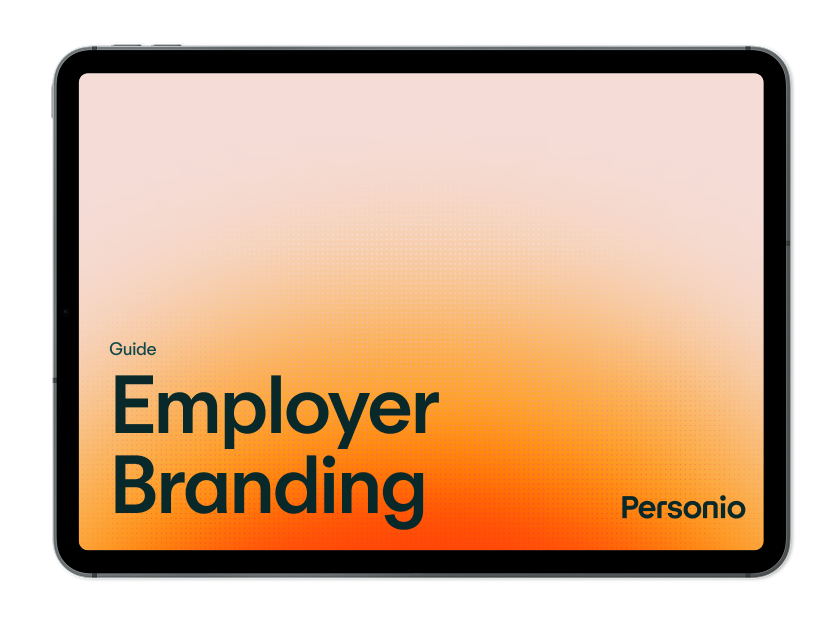Salary Sacrifice Car: Everything You Should Know

Incentives, perks and benefits help with employee retention rates. While schemes like retirement accounts or unlimited holiday may come to mind first, a salary sacrifice car scheme can be a unique way to encourage employees to stay for the long term.
Key Facts
Salary sacrifice cars are a significant perk that can encourage employee retention in the long term.
Within this salary sacrifice scheme, the employees pay a monthly fee out of their salaries to pay for the leased car.
Salary sacrifice cars aren’t eligible for standard tax exemptions unless the car leased is electric or hybrid.
Contents
- 1What Is a Salary Sacrifice Car?
- 2Benefits of a Salary Sacrifice Car Scheme
- 3Salary Sacrifice Car Taxation
- 4Salary Sacrifice: Regular vs. Electric Car
- 5Salary Sacrifice Car Calculator
- 6Disadvantages of a Car With Salary Sacrifice
- 7Frequently Asked Questions About a Salary Sacrifice Car
- 8Retain Your Best Workers with the Right Schemes
What Is a Salary Sacrifice Car?
A salary sacrifice car is when employees give up a portion of their pre-tax wages and, in its place, receive a new car. The scheme is offered by approximately 85% of large companies and around 41% of small and medium-sized employers.
Unlike a company car scheme, a salary sacrifice car is leased from a third-party seller and is maintained by the employee who agrees to pay for it.
Benefits of a Salary Sacrifice Car Scheme
There are several ways that employees and employers can benefit from implementing a salary sacrifice car scheme.
Benefits for employers | Benefits for employees |
A salary sacrifice car scheme encourages candidates to apply to the company and perhaps choose you over a competitor. | A salary sacrifice car scheme lets employees afford better cars through their company than they could have gotten alone. |
Longtime employees have incentive to stay if their car payment is being handled by your company. | This benefit is easy to plan around because the car has a fixed price and any running costs go through a third party. |
It’s a low-maintenance programme, as the car leasing company handles all aspects of the purchase and maintenance. | Because the car is leased in the employer's name, the employee doesn’t have to worry about selling it at the end of the lease period. |
Salary Sacrifice Car Taxation
Salary sacrifice schemes help employees save on taxes by reducing their taxable income and National Insurance Contributions (NIC).
However, the laws surrounding salary sacrifice cars changed in 2017. The new regulations dictate that employees need to pay an additional tax based on the car's CO2 emissions and their tax bracket. This may make electric vehicles more cost-effective for employees.
Remember: The total amount of the car payment, including taxes, is deducted from an employee’s salary, which can ultimately save them more in taxes in the long run.
Raise Your Retention Rate With Performance Management

Learn how to help your workforce grow with our Performance Management Guide.
Download It, FreeSalary Sacrifice: Regular vs. Electric Car
The 2017 Salary Sacrifice laws define Ultra-Low Emissions Vehicles as cars emitting 75g/km CO2 or less. Cars that meet these qualifications fall into lower tax brackets than vehicles that run on petrol. Many electric and hybrid cars meet those emissions standards and, as a result, are exempt from the new tax regulations placed on salary sacrifice cars. That means that an employee can still save a significant amount of money on income taxes and NIC.
Salary Sacrifice Car Calculator
The exact benefit of a salary sacrifice car might be hard to understand just from a description. But, several online calculators can accurately estimate how much money you could save if implemented when you put in the relevant information. Specifically, the information you’ll need is:
The quoted monthly costs for the car that the employee will pay
Annual insurance cost for the car
Your business's tax rate and VAT recovery rate
Whether the car is electric, hybrid or runs on petrol
Disadvantages of a Car With Salary Sacrifice
Disadvantages for Employers
The main disadvantage for employers is that if an employee leaves and doesn’t need the car anymore, the employer is left to pay off the rest of the bill. There are insurance policies called Early Termination Insurance (ETI) that can cover some of these costs.
Disadvantages for Employees
Salary sacrifice car schemes are inflexible and aren’t easily ended if an employee changes their mind. This could leave you stuck holding the bag. As some leases may not offer a chance to purchase the car at the end of the term, an employee may feel disappointed if they cannot buy the car. The discounted salary may also put some employees at a disadvantage by putting low-income workers below the national minimum wage.
Frequently Asked Questions About a Salary Sacrifice Car
Is a Salary Sacrifice Car a Good Idea?
A salary sacrifice car scheme can be a great incentive for the right employee. It incentivises them to stay long-term and they may benefit from lower taxes on certain environmentally-friendly cars.
How Much Can An Employee Salary Sacrifice for a Company Car?
The amount an employee pays depends on the monthly cost of the care. There’s generally no limit to how much of their salary an employee can sacrifice, but too much might leave them short of disposable income.
Is a Salary Sacrifice Car Better Than a Company Car?
It depends on the company's priorities. You own a company car but can only allow select people to drive it under select circumstances, while you can offer a leased salary sacrifice car to every employee.
Retain Your Best Workers with the Right Schemes
You can’t expect the same incentives to work on every employee at your company. Each person has different priorities and personal goals that can be met with the right schemes.
Offering a salary sacrifice car scheme among other employee perks is another tool in your toolkit as you build out employee benefits programmes at your organisation — one that can provide great benefits for employees in need of new vehicles.
Learn a bit more about how Personio’s Performance feature allows you to set goals and link them to bonus payouts for your employees. Then, speak to an expert today.
Disclaimer
We would like to inform you that the contents of our website (including any legal contributions) are for non-binding informational purposes only and does not in any way constitute legal advice. The content of this information cannot and is not intended to replace individual and binding legal advice from e.g. a lawyer that addresses your specific situation. In this respect, all information provided is without guarantee of correctness, completeness and up-to-dateness.

